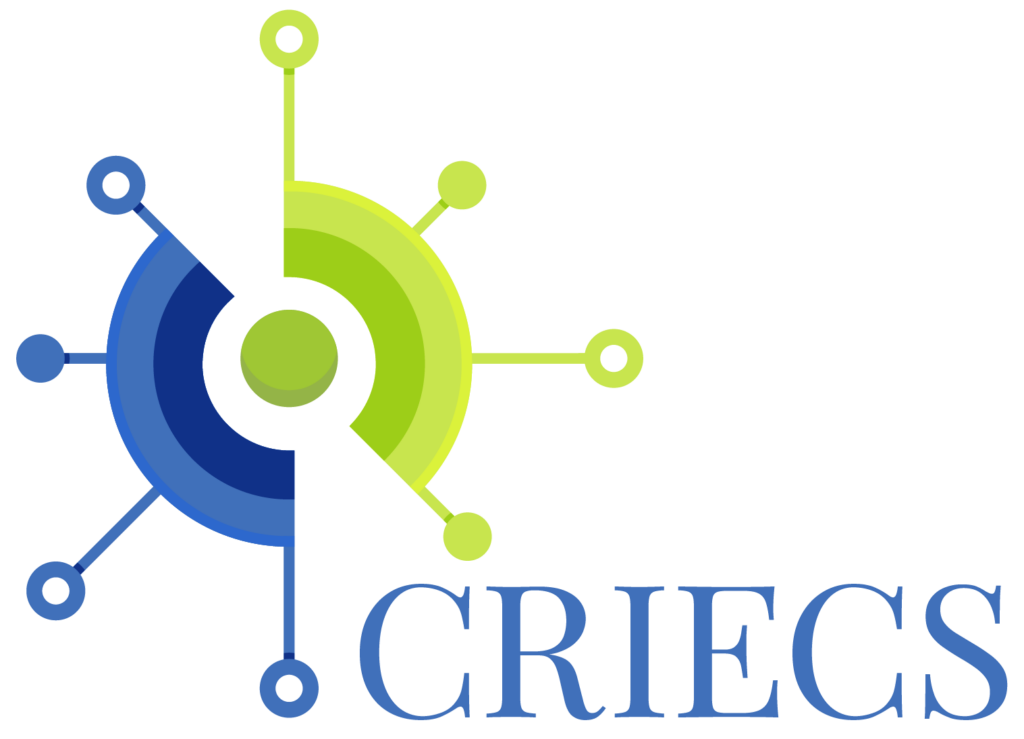On July 10, the European Commission officially unveiled the voluntary Code of Conduct on Artificial Intelligence,
a tool designed to help businesses adapt to the EU AI Regulation, which will come into effect on August 2, 2025.
The regulation will be applied in phases: from August 2026 for new AI models, and from August 2027 for existing ones,
allowing a transitional period for industry operators.
However, the new regulation has not been without controversy. Forty-six major European companies, including Airbus, Lufthansa,
BNP Paribas, and the French firm Mistral, have called for a moratorium on the enforcement of the rules, fearing it could hinder
competitiveness and the large-scale adoption of AI. On the international front, U.S. Vice President J.D. Vance criticized
the European approach as “overly strict.”
The document, the result of work by thirteen independent experts and consultations with over a thousand tech stakeholders,
aims to make European AI more transparent, safe, and respectful of fundamental rights.
Key highlights include:
- System transparency and verification of generated content to prevent offensive or violent language.
- Protection of copyright and recommendation to exclude websites compromised by cyberattacks from datasets.
- Safeguarding end users from risks associated with algorithms.




